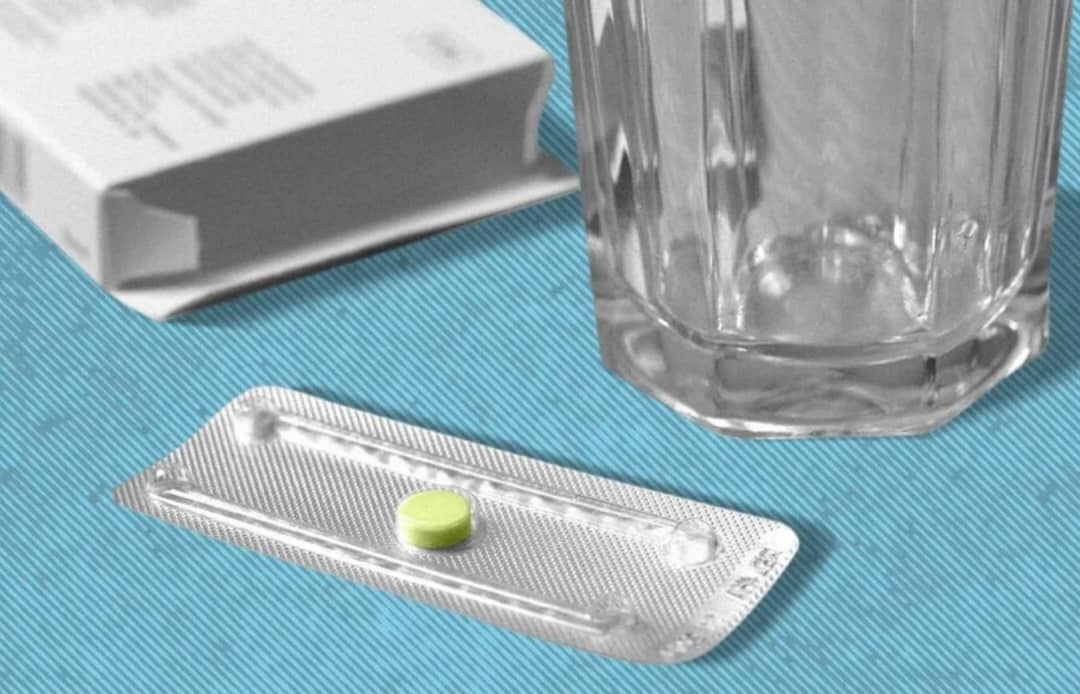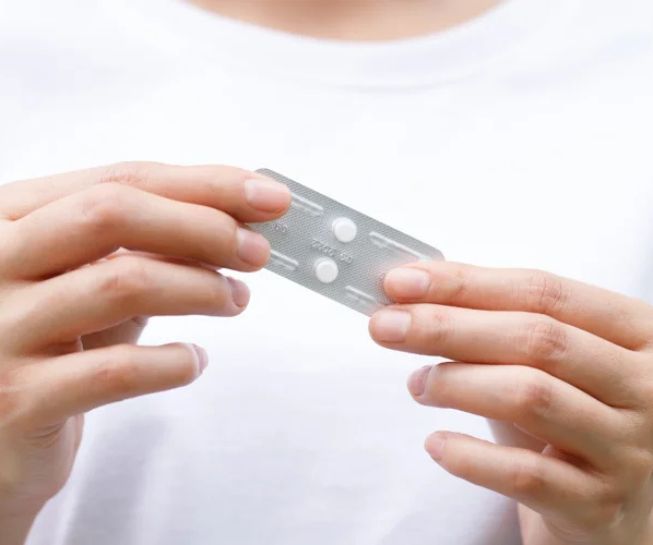%20(653%20x%20545%20px)_20251029_174344_0000.jpg)
%20(653%20x%20545%20px)_20251029_174344_0000.jpg)
This week the NHS made a bold move that could change how women across England access reproductive care. The morning after pill is now free at nearly 10,000 pharmacies across the country. What used to cost up to £30 in many high street shops will now be available without charge and without the need for an appointment.
Health officials are calling it one of the most significant shifts in sexual health care in decades. Dr Sue Mann, NHS national clinical director for women’s health, said the move will help tackle inequalities by ensuring that access to emergency contraception is not tied to postcode or income. The goal, she explained, is to make essential health care accessible, convenient and fair for everyone, regardless of their background.

Before this change, women who needed the morning after pill had limited options. Many relied on GPs or sexual health clinics for a free prescription, which often meant long waits or inconvenient travel. Others had to buy it from pharmacies or supermarkets, paying between £25 and £30 per dose. For some, that cost was enough to delay or prevent access entirely, increasing the risk of unintended pregnancies. Now, that financial barrier has been removed for good.
Pharmacists have welcomed the announcement, calling it a long overdue recognition of the essential role they play in women’s health. The Royal Pharmaceutical Society said it was a positive step toward normalising access to emergency contraception and empowering women to take control of their choices. However, some have warned that the success of the initiative will depend on whether pharmacies are given the funding and resources to handle the expected increase in demand.
The change also fits into a broader NHS plan to shift more services into local communities. Alongside free emergency contraception, people who are newly prescribed antidepressants can now receive advice and check-ins from their pharmacists. The hope is to make pharmacies a one-stop hub for quick, confidential and trusted support, reducing the pressure on overstretched GP surgeries and clinics.
Women’s rights groups and health advocates have praised the move, describing it as a major win for reproductive health. Many see it as a step toward closing the gap between those who can easily access care and those who cannot. They say this reform not only improves convenience but also helps remove stigma by treating emergency contraception as a standard part of health care, not a moral issue.

However, not everyone is convinced the rollout will be smooth. Critics warn that the policy is only as good as its implementation. Some rural areas still struggle with pharmacy closures and staff shortages, and campaigners fear those same communities could miss out on the benefits. Others stress the need for better education to tackle misinformation about the morning after pill, since many still wrongly believe it causes abortion or long-term fertility issues.
The NHS hopes that this moment marks the beginning of a new chapter where reproductive care is treated as a right, not a privilege.